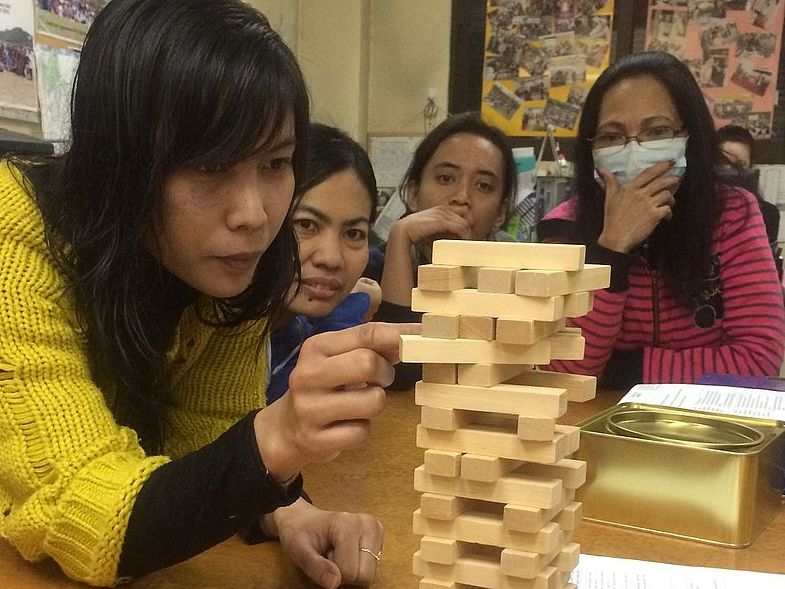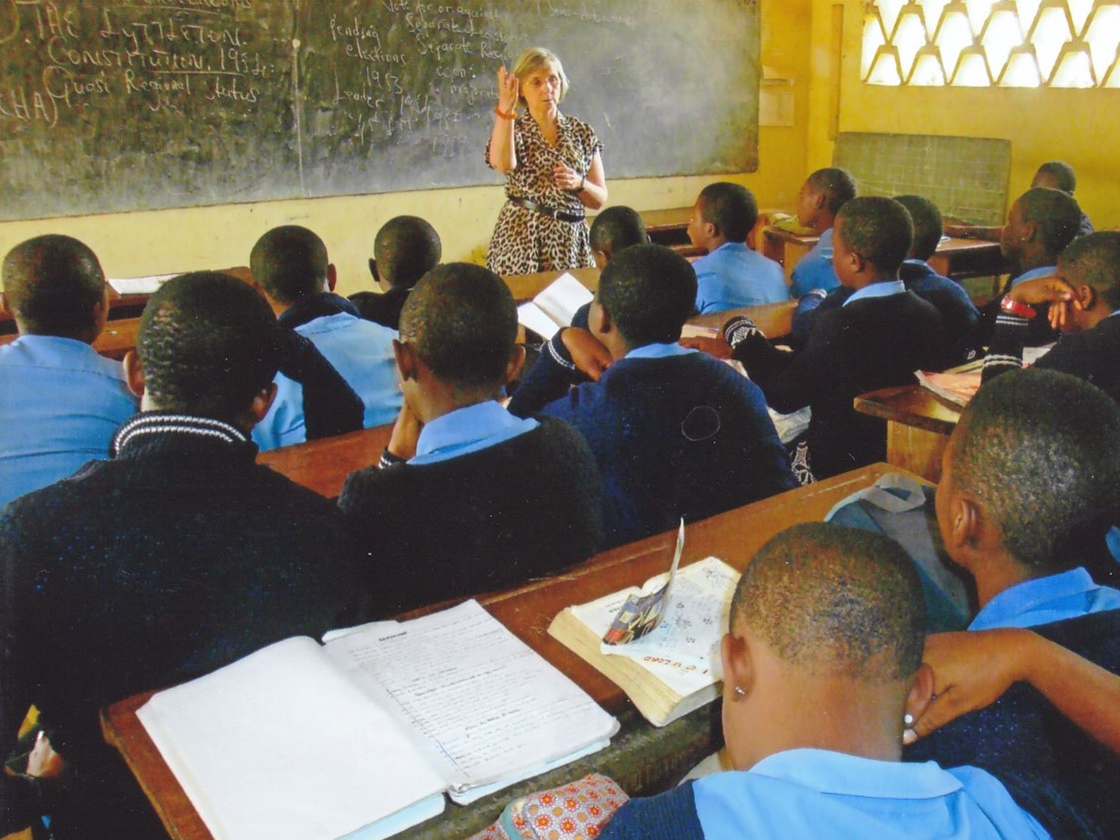Vivi Wangka is worried. Because her family lives outside Hong Kong in the "red pandemic zone," she cannot visit them. As head of the emergency shelter for foreign domestic workers, she is now all the more committed to her work: "I try my best to cope with my feelings by doing something or spending more time with the women and girls."
The domestic workers who have found refuge in the emergency shelter are glad for the allowance. For they are now exposed to additional uncertainty. Many were exploited or mistreated by their former employers. With support and advice from Mission 21 and the partner organization in Hong Kong, some of the women have also initiated legal proceedings. But during the Corona crisis, all proceedings are suspended. The women have to wait longer. But that also means they have to wait even longer for new employment and cannot send money home.
Empty squares and parks
Foreign domestic workers in Hong Kong may feel even more confined than usual during this Corona period. The approximately 300,000 women and girls, most of whom come from Indonesia or the Philippines, have to live with their employers. There, they usually have very little space available. During the crisis, many employers require their employees to stay at home on their only day off per week to reduce the risk of infection.
This darkens the existence of these women: A ray of hope for them was the Sunday meeting in the parks or on squares. Hundreds and thousands of them took over the public places and enjoyed the exchange with each other and with their loved ones at home. Now the Sundays are quieter. And the role of the aid organization, which maintains a counseling center in Hong Kong in addition to the emergency shelter, is even more important: Here, the women can at least find support and advice by telephone.
► Read report by Vivi Wangka from Hong Kong
► I would like to support the work of Mission 21
► I would like to learn more about project work in Hong Kong






